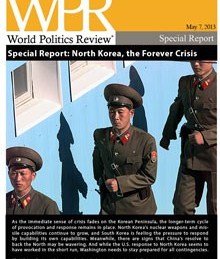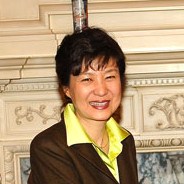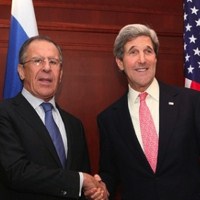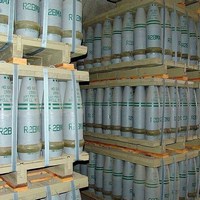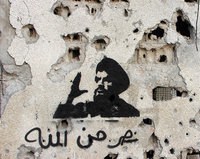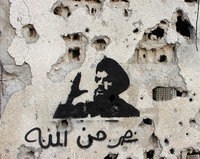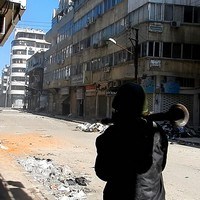
When Israeli missiles struck Syrian facilities on May 3—an operation that Israel has not officially confirmed but is widely believed to have carried out—they showed the results of a cost-benefit analysis whose arithmetic yields clear results. Since the explosions shook Damascus, Israel has gone to great lengths to assure the Syrian regime and others that it has no interest in becoming embroiled in the Syrian civil war. Israel’s concerns, and the military strikes, focus on another enemy, namely Hezbollah, the Lebanese Shiite militia that is a close ally of Iran, an avowed enemy of Israel and the source of thousands […]



